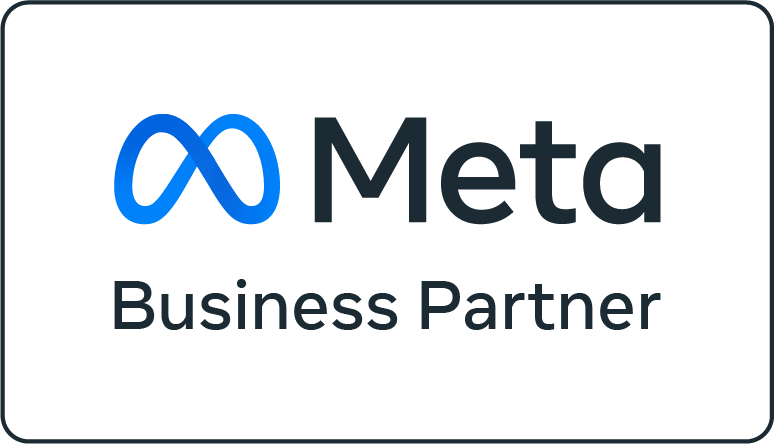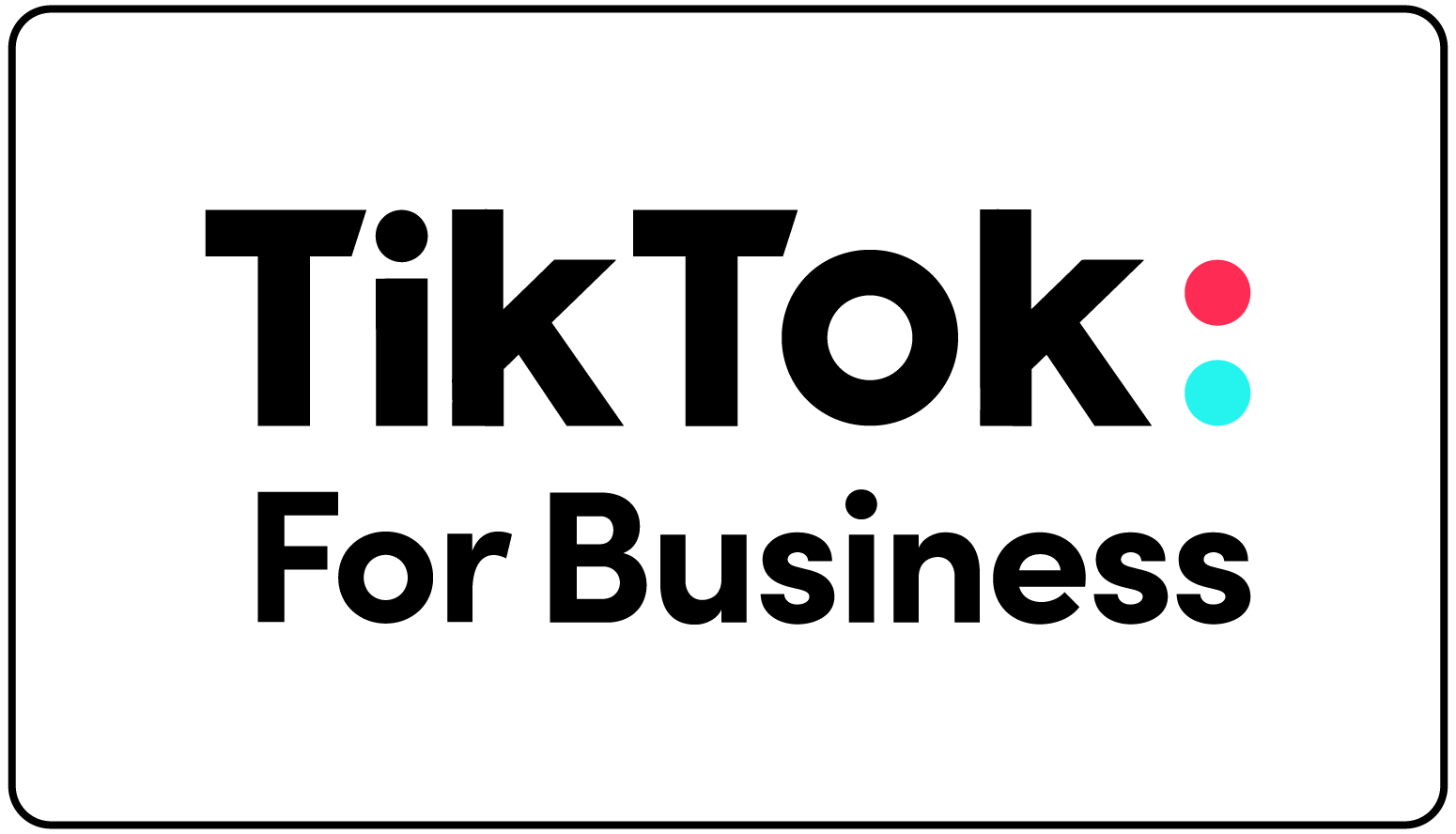The healthcare industry is unique and highly specialized, and so is the field of healthcare marketing. As a result, professionals in this space often seek specialized certification to enhance their knowledge, skills, and credentials.
Here’s a look at what you need to know about certification in healthcare marketing, who it’s for, the benefits it offers, and how to choose the right program for your needs:
What is Healthcare Marketing Certification?
Healthcare marketing certification provides specialized training and education for marketers in the healthcare industry. It typically covers a range of topics relevant to the field, including:
- Understanding the unique aspects of marketing in healthcare
- Navigating legal and ethical considerations specific to healthcare marketing
- Utilizing digital tools and strategies effectively and compliantly
- Applying best practices in healthcare marketing and communications
- Measuring and analyzing marketing efforts using key performance indicators (KPIs) specific to healthcare
Who is it For?
Healthcare marketing certification can benefit a range of professionals, including:
- Marketing and communications specialists: Those already working in the healthcare industry can enhance their knowledge and credentials with specialized training.
- Career changers: Individuals looking to transition into healthcare marketing from another industry can use certification to build the necessary skills and knowledge.
- Recent graduates: New marketing graduates can use certification to specialize in healthcare and stand out to potential employers.
Benefits of Certification:
There are several advantages to pursuing healthcare marketing certification:
- Enhanced knowledge and skills: Certification provides an in-depth understanding of the unique challenges and opportunities in healthcare marketing, allowing you to develop specialized skills and strategies.
- Improved career prospects: Employers often seek certified professionals as it demonstrates a commitment to professional development and a higher level of expertise. Certification can lead to more job opportunities and potentially higher salaries.
- Expanded network: Certification programs often provide networking opportunities with fellow students and industry professionals, allowing you to build valuable connections.
- Continued professional development: Staying up-to-date with industry trends and best practices is essential for marketers. Certification demonstrates your dedication to lifelong learning and can keep you informed about the latest developments in healthcare marketing.
Choosing the Right Certification Program:
When selecting a healthcare marketing certification program, consider the following:
- Accreditation: Ensure the program is accredited by a reputable organization, which guarantees a certain level of quality and recognition.
- Curriculum: Review the course content to ensure it covers the topics you need. The curriculum should be comprehensive, relevant, and up-to-date with industry trends.
- Flexibility: Consider your schedule and choose a program that fits your needs. Many certification programs offer online or part-time options to accommodate working professionals.
- Cost: Certification programs can vary in cost, so be sure to factor this into your decision. Some employers may offer financial support or reimbursement for professional development, so check with your company.
- Reputation: Research the reputation of the certifying body and the recognition their credentials hold in the industry. Look for testimonials or reviews from past students to gauge their experience and the impact of the certification on their career.
In conclusion, healthcare marketing certification is a valuable asset for marketers in the healthcare industry. It provides specialized knowledge, enhances career prospects, and demonstrates a commitment to professional excellence. By choosing an accredited program that fits your needs and goals, you can set yourself apart as a skilled and qualified healthcare marketing professional.




